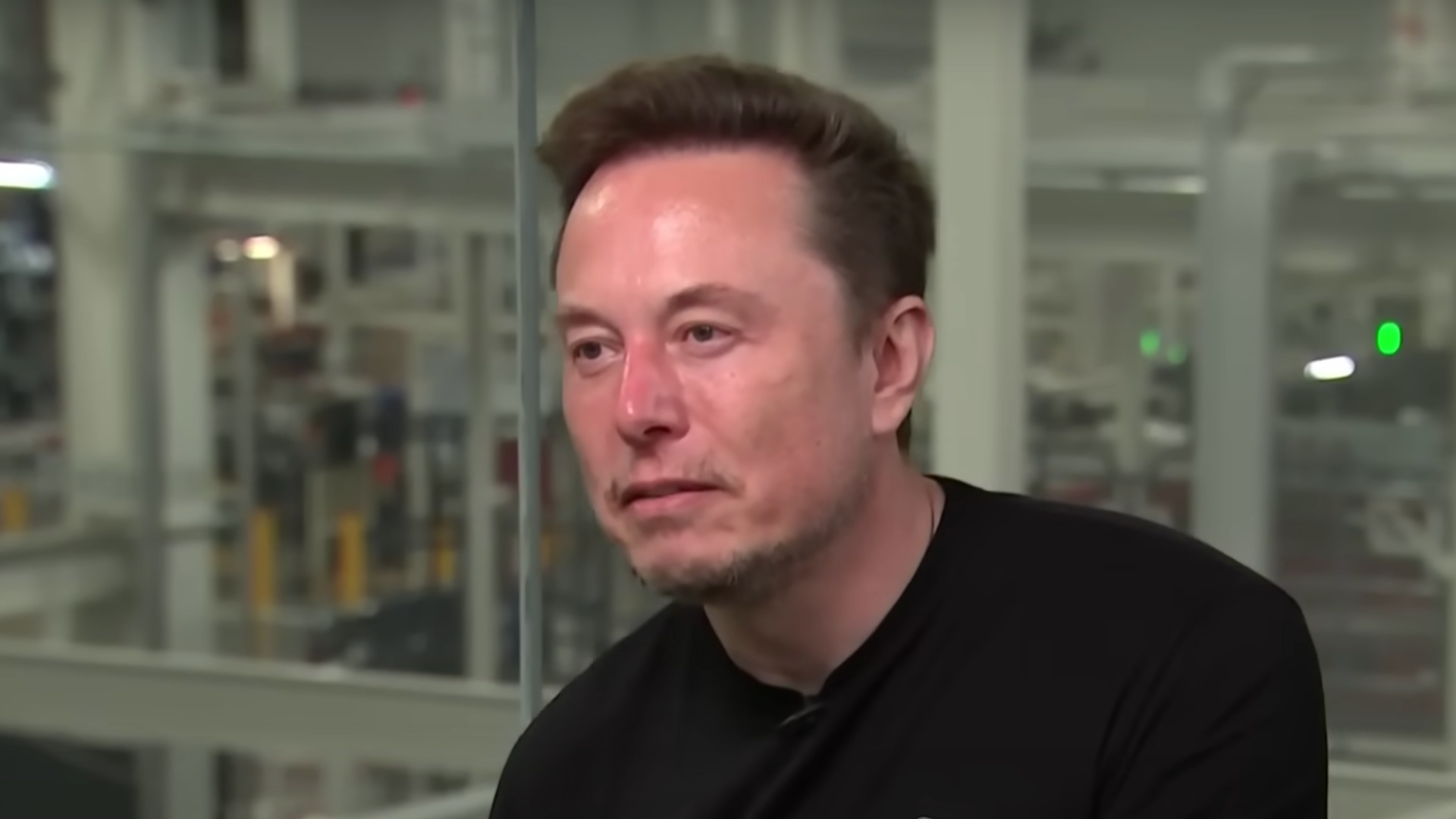- Emails that reportedly come from Elon Musk show that not only was he aware that OpenAI wanted to become a for-profit company, he wanted to control it.
- This after Musk launched a lawsuit against OpenAI claiming that the pursuit of profit is a breach of the contract he had with the firm.
- During the for-profit discussions, Musk reportedly withheld funding that was needed to pay salaries and keep operations running.
The owner of X, Elon Musk, launched a lawsuit against OpenAI last week accusing the firm of chasing a for-profit structure.
The billionaire has been rather vocal of late – we wonder why – about OpenAI pivoting from a non-profit model to one that tried its hand, and has succeeded, at turning a profit.
“OpenAI Inc has been transformed into a closed-source, de facto subsidiary of the largest technology company in the world: Microsoft. Under its new board, it is not just developing but is actually refining an AGI to maximise profits for Microsoft, rather than for the benefit of humanity,” the lawsuit alleges as reported by The Guardian.
On Tuesday, OpenAI responded to this lawsuit rather publicly and it brought receipts.
Those receipts suggest that not only did Musk participate in discussions about turning OpenAI into a for-profit company, but he also wanted control of the entity.
“In late 2017, we and Elon decided the next step for the mission was to create a for-profit entity. Elon wanted majority equity, initial board control, and to be CEO. In the middle of these discussions, he withheld funding. Reid Hoffman bridged the gap to cover salaries and operations. We couldn’t agree to terms on a for-profit with Elon because we felt it was against the mission for any individual to have absolute control over OpenAI. He then suggested instead merging OpenAI into Tesla. In early February 2018, Elon forwarded us an email suggesting that OpenAI should ‘attach to Tesla as its cash cow’, commenting that it was ‘exactly right… Tesla is the only path that could even hope to hold a candle to Google. Even then, the probability of being a counterweight to Google is small. It just isn’t zero,” OpenAI claimed in a blog post.
As the AI firm tells it, Musk then left OpenAI in 2018 with plans to build an AGI competitor at Tesla. The billionaire reportedly left because he believed that the sort of funding OpenAI needed couldn’t be obtained and that the compute resources needed would ultimately be the doom of OpenAI.
Perhaps most damning for Musk’s case is the fact that he reportedly agreed with co-founder Ilya Sutskever that it made sense for OpenAI to be less open about its inner workings and that the Open in the company’s name was meant to imply that anybody should benefit from the fruits of AI. Musk reportedly responded to Sutskever’s email with “Yup”.
“We’re sad that it’s come to this with someone whom we’ve deeply admired—someone who inspired us to aim higher, then told us we would fail, started a competitor, and then sued us when we started making meaningful progress towards OpenAI’s mission without him,” OpenAI wrote.
Based on the emails OpenAI has shared this situation smacks of Musk having seller’s remorse now that his predictions about OpenAI’s failure, turned out to be wrong.
There’s no telling how a judge will view OpenAI’s defense or even if we’ll get to that point. More often than not, lawsuits like this get settled out of court so we may not see more than what we have now.
However, as The Verge points out, Musk’s suit argues that by moving to a for-profit model, this broke the contract he had with OpenAI. We haven’t seen such a contract and we can’t comment on this. If this claim is accurate, however, the company may be in deeper trouble than its letting on.

